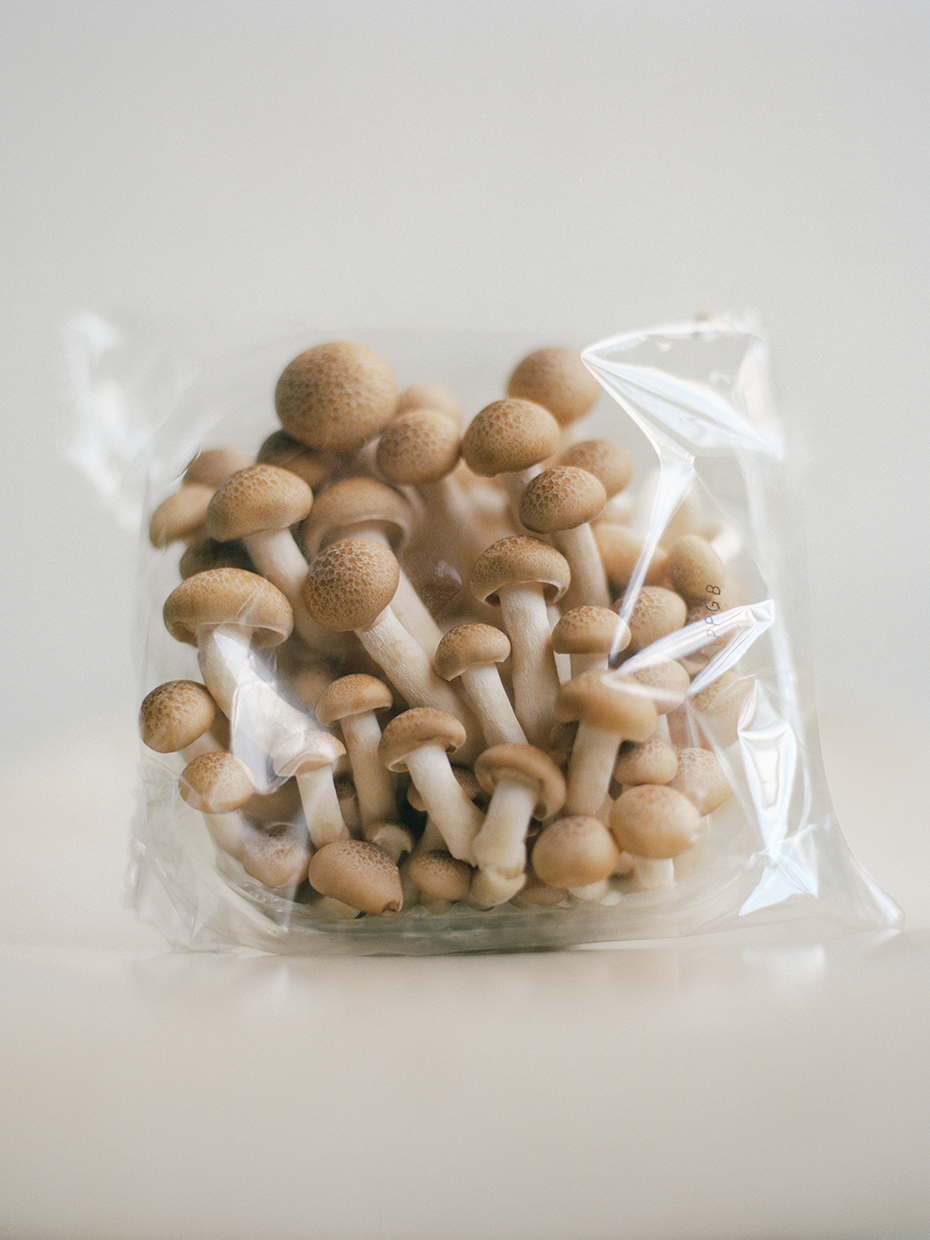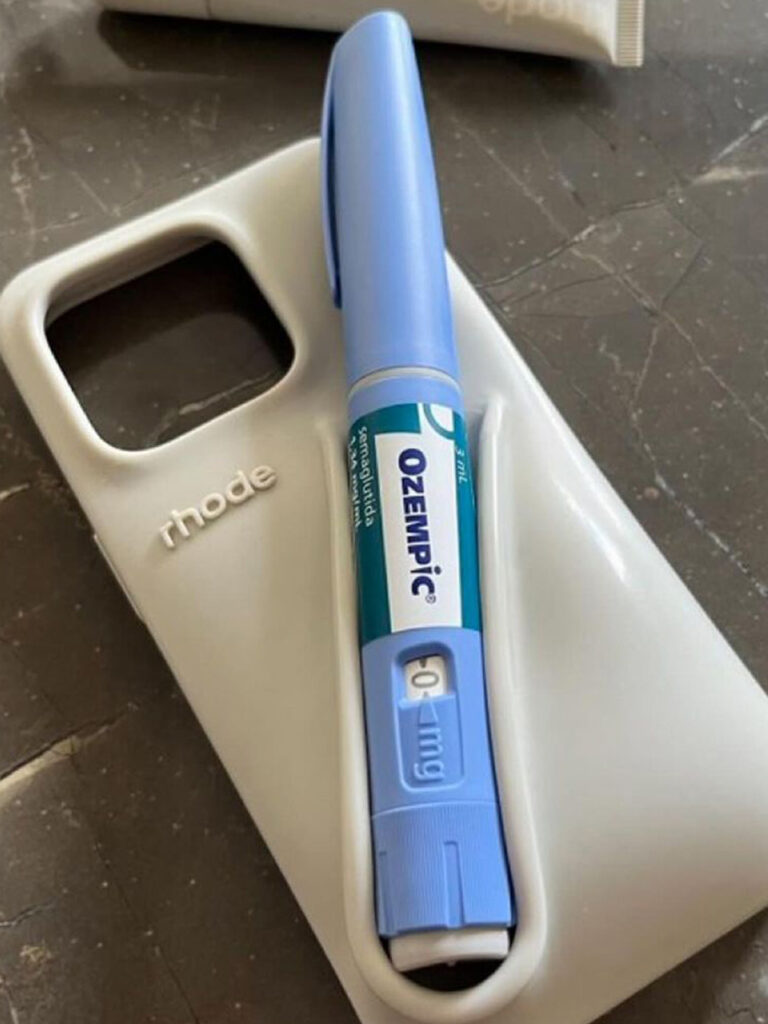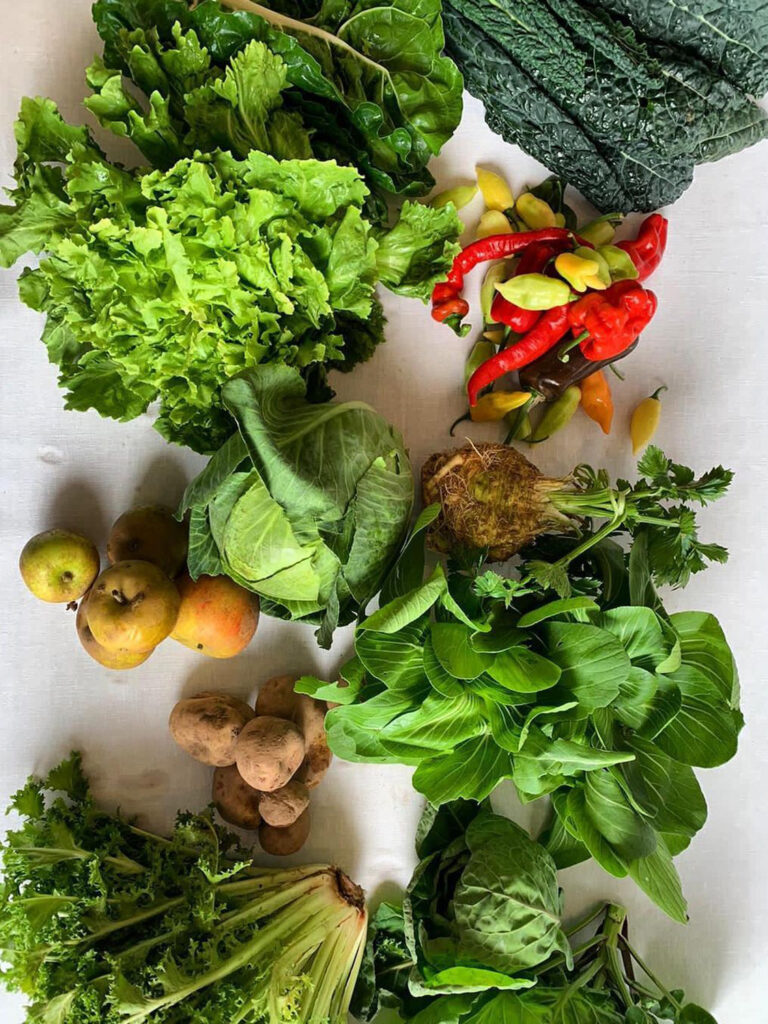
Karina Twiss / Trunk Archive
Stories
The Future Of Nutrition Is Here
Renowned nutritionist Şükran Yıldız elaborates on the vital dietary trends of the near future that will change the way we eat.
Text Şükran Yıldız
Not to be a Debbie downer, but we have to get real: As the global population grows, nutritional scarcity is becoming an alarming topic. According to the Food and Agricultural Organization, the world’s population will reach 9.1 billion by 2050. Meeting the food demand would mean a %70 increase in global food production, and this is where food science and sustainable technologies come to play. Şükran Yıldız uncovers the next-gen nutrition trends for Wonderflaw.
1. Everyday Sustainability With Plant-Based Options
We must and will explore ways to grow food using less agricultural land. When we consume a diet primarily consisting of animal-based products, this habit translates into higher levels of carbon emissions, which doesn’t help the world prepare for nutritional scarcity. When cooking or ordering a meal, we may not really think about the ecological repercussions of a plate, but the truth is the rapid depletion of the natural resources on which humanity depends puts all of us in danger. For the future of our planet and humanity, nutrition models will be based less on the consumption of animal products and more on plant-based alternatives. When planning a plant-based diet, it’s essential to have healthy amounts of fats and proteins such as legumes, seed oils, and nuts. Legumes are excellent sources of protein and carbohydrates, and eating them together with Vitamin-C-enriched leafy greens and lemon is a brilliant idea to get even more benefits. You might wonder if we’re to quit consuming animal products altogether. The answer is no, but it is without a doubt that the commonly accepted balanced diet will have more plant-based options, and animal-product-heavy keto diets will lose their popularity. Nutritionists and dieticians can no longer disregard everyday sustainability when creating personalized programs.
2. Functional Nutrition
As the prevalence of obesity, cancer, and autoimmune diseases are on the rise, so do the diagnoses that follow them. Other conditions that cause the illnesses mentioned above are also rising in number. Remember the unhealthy diets and harmful weight loss pills that promised quick and drastic results? They’ve been long replaced by more conscious alternatives that consider a healthy metabolism and body. As a nutritionist planning disease-specific programs for years, I am the number one fan of this mindful development in the industry. When consulting a client seeking fat loss, I always ask for blood tests, and we uncover dormant diseases such as fibromyalgia, insulin resistance, PCOS, and thyroid. It is vital to create a plan that caters to the specific condition. Functional nutrition is a method that makes models based on disease and diagnosis. I cannot stress it enough: Personalization is imperative.
3. Repurposing Food Waste
Manufacturers are after intelligent ways to reuse food by-products — i.e., oat bars made of oat milk residues. It’s not hard to adopt this approach: We have so many alternatives to a waste-free or minimum-waste kitchen. Why not try making vinegar out of apple peels and seeds? Or herbal tea from cherry stalks? Sprinkling crushed eggshells around your plants to enhance fertility is also a practical tip. There’s also a way to get more from animal products: Leftover bones are easily repurposed to make delicious broths.
4. Alternatives To Coffee
For most of us, it’s hard to get through the day without coffee. I often add it to nutritional plans, as caffeine positively affects insulin resistance and the feeling of satiety. Its antioxidant properties also help to boost energy levels and enhance vitality. But the future for coffee is a different story, as climate change quickly affects supply chains, which is why alternatives to coffee will be more prevalent in the near future. Figs, mushrooms, and dandelions are already consumed as coffee substitutes. This trend is also catching up in Türkiye as more and more people opt for dandelion “coffee” and guarana beans. This approach also works well for those who want to control their daily caffeine intake and switch to beverages high in antioxidants.





